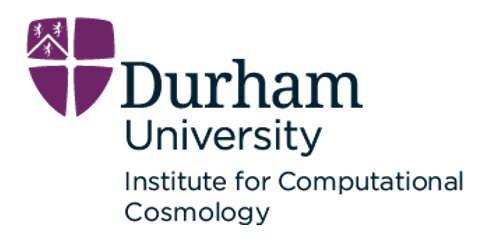This sponsored post explores one of the solutions making computer vision a reality today for more applications: Intel’s Distribution of OpenVINO (Open Visual Inference and Neural Network Optimization) toolkit.
With the demand for intelligent vision solutions increasing everywhere from edge to cloud, enterprises of every type are demanding visually-enabled – and intelligent – applications for surveillance, retail, manufacturing, smart cities and homes, office automation, autonomous driving, and more coming every day. Increasingly, AI applications are powered by smart vision inputs.

OpenVINO includes Intel’s deep learning deployment toolkit, which includes a model optimizer that imports and trains models from a number of frameworks (Caffe, Tensoflow, MxNet, ONNX, Kaiai). (Photo: Shutterstock/Sergey Nivens)
Up till now, most intelligent computer vision applications have required a wealth of machine learning, deep learning, and data science knowledge to enable simple object recognition, much less facial recognition or collision avoidance. That’s all changed with the introduction of Intel’s Distribution of OpenVINO (Open Visual Inference and Neural Network Optimization) toolkit.
With deep learning revenue expected to grow to $35 billion by 2025, the need for accelerating deployment is clear. Here’s some of the reasons to download and use this new Intel toolkit:
OpenVINO includes Intel’s deep learning deployment toolkit, which includes a model optimizer that imports and trains models from a number of frameworks (Caffe, Tensoflow, MxNet, ONNX, Kaiai), optimizes topologies, and provides a huge performance boost by conversion to data types that match hardware types – whether code is running on CPUs, GPUs, VPUs, or FPGAs – or any combination of them. This fast, heterogeneous performance is proven to yield up to 19x performance gain compared to public deep learning models.
OpenVINO also includes a host of samples for image classification and segmentation, object detection, neural style transfer, face detection, people counting, among others, and dozens of pre-trained models for everything from age and gender to crossroad object detection to vehicle metadata.
Optimized libraries in the package include OpenCV – a popular open-source computer vision library with a broad range of algorithms and functions, and OpenVX – an optimized, graph-based approach for computer vision functions targeted at real-time, low-power apps.
Also included in this distribution are the Intel Media SDK to speed medic encode/decode, and users can work with the Intel OpenCL drivers and runtime to assist in creation of custom kernels.
With OpenVINO, developers can:
- Boost computer vision performance
- Streamline deep learning inference and deployment
- Speed development for vision solutions
- Save time by taking a heterogeneous approach to vision processing
With support for popular OSs including CentOS, Ubuntu, Windows, and Yocto Project, the OpenVINO toolkit gives every vision-enabled project a powerful enhancement. Intel offers OpenVINO free of charge to help developers get the most out of their Intel hardware.



